Brockwell Park Music Festivals Face Legal Action From South London Residents
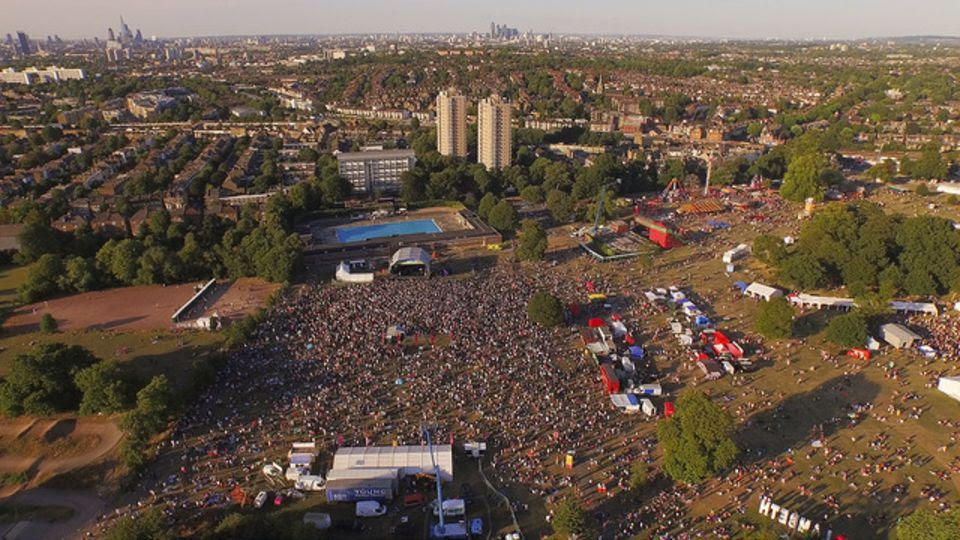
Table of Contents
The Residents' Case Against Brockwell Park Music Festivals
Residents are claiming that the music festivals in Brockwell Park have caused considerable distress and negatively impacted their quality of life. Their case rests on three key pillars: excessive noise pollution, significant disruption to daily routines, and a lack of meaningful community consultation.
Noise Pollution Complaints
The residents' primary complaint centers on the excessive noise levels generated during the festivals. While specific decibel measurements are still being compiled and are subject to legal proceedings, numerous complaints describe noise levels that far exceed what is considered acceptable for residential areas.
- Sleep disturbance: Many residents report being unable to sleep during festival nights due to the persistent loud music and bass vibrations.
- Inability to use gardens: The intense bass frequencies are allegedly felt throughout homes and gardens, rendering outdoor spaces unusable during the events.
- Impact on vulnerable residents: Several residents, including elderly people and those with young children, cite the noise pollution as a significant cause of stress and anxiety.
- Breach of council regulations: The residents claim that the noise levels consistently breached Lambeth Council's noise pollution regulations, specifically citing violations of permitted decibel levels and nighttime noise restrictions.
Disruption to Daily Life
The impact of the festivals extends beyond noise pollution. Residents have detailed significant disruptions to their daily lives, affecting their work, family life, and overall well-being.
- Traffic congestion and parking issues: The influx of festival-goers leads to severe traffic congestion on surrounding roads and a lack of parking spaces for residents.
- Increased litter and waste: Residents report overflowing bins, litter strewn across the park and surrounding streets, and a significant increase in cleaning and maintenance requirements.
- Anti-social behaviour: Some residents claim an increase in anti-social behaviour, including vandalism and public intoxication, during and after the festivals.
- Evidence collected by residents: Residents have compiled a substantial body of evidence, including photographs, videos, and witness statements, to support their claims.
Lack of Community Consultation and Mitigation Strategies
A central element of the residents' case is the alleged lack of adequate consultation and insufficient mitigation strategies implemented by the festival organizers.
- Insufficient prior notice: Residents claim they received inadequate notification about the festivals, limiting their ability to prepare for the potential disruption.
- Lack of public meetings: There was reportedly insufficient opportunity for residents to voice their concerns and propose mitigating measures before the events.
- Inadequate noise mitigation: Residents argue that the measures implemented to reduce noise pollution, such as noise barriers, were insufficient to prevent significant disruption.
- Ignored suggestions: Residents claim that suggestions they put forward to minimize the impact of the festivals were disregarded by the organizers.
Legal Proceedings and Potential Outcomes
The legal action taken by Brockwell Park residents is multifaceted. It primarily involves nuisance claims and complaints lodged with Lambeth Council's environmental health department.
Type of Legal Action
The legal action encompasses several avenues, including civil claims for nuisance, complaints under environmental health legislation, and potentially, an injunction to prevent future festivals from exceeding noise limits.
Parties Involved
The residents are acting both individually and collectively through a residents' association. The festival organizers, along with Lambeth Council, are also key parties involved in the legal proceedings.
Potential Outcomes
The potential outcomes of the legal action are significant and far-reaching.
- Restrictions on future festivals: The court could impose restrictions on the size, duration, and noise levels of future festivals.
- Compensation for residents: Residents may be awarded compensation for the disruption and distress they have experienced.
- Cancellation of future events: In extreme cases, the court could order the cancellation of future festivals altogether.
- Fines and reputational damage for organizers: The festival organizers face potential fines and significant reputational damage if found liable. Similar cases in other UK cities have resulted in substantial penalties and operational changes.
The Future of Music Festivals in Brockwell Park
The legal challenges facing Brockwell Park music festivals underscore the need to strike a balance between providing entertainment and respecting the rights of local residents.
Balancing Community Needs and Entertainment
The core issue is finding a way to allow for large-scale events while safeguarding the quality of life for local residents. This necessitates open dialogue, collaboration, and a commitment to addressing community concerns.
Potential Solutions
Several solutions could help to prevent future conflicts.
- Improved community engagement: Organizers need to adopt more inclusive and transparent consultation strategies, involving residents in the planning process from the outset.
- Stringent noise management: This includes employing advanced soundproofing technology, enforcing stricter noise limits, and monitoring noise levels throughout the events.
- Enhanced licensing requirements: Lambeth Council could introduce more stringent licensing requirements for music festivals, including stricter noise limits and community engagement obligations.
- Improved waste management: Investing in more efficient waste collection and disposal strategies is crucial for minimizing litter and pollution.
- Traffic management plans: Collaborating with local authorities to develop effective traffic management plans can help alleviate congestion and parking issues.
Conclusion:
The legal action against Brockwell Park music festivals highlights the crucial need to find a balance between providing public entertainment and ensuring the quality of life for local residents. The outcome of this case will set a significant precedent for future events, not only in Brockwell Park but across London and beyond. To prevent similar conflicts, organizers of future Brockwell Park music festivals must prioritize open community engagement, robust noise mitigation strategies, and responsible event management practices. Addressing residents’ concerns is key to fostering positive community relations and ensuring that future music festivals in Brockwell Park and other venues are both enjoyable and respectful of those who live nearby.

Featured Posts
-
 Case Of Jyoti Malhotra Details On The Arrest Of A Travel Vlogger For Alleged Pakistani Espionage
May 19, 2025
Case Of Jyoti Malhotra Details On The Arrest Of A Travel Vlogger For Alleged Pakistani Espionage
May 19, 2025 -
 Khtt Iemar Ghzt Nqabt Almhndsyn Ttabe Aleml Ela Ard Alwaqe
May 19, 2025
Khtt Iemar Ghzt Nqabt Almhndsyn Ttabe Aleml Ela Ard Alwaqe
May 19, 2025 -
 Discover Orlandos Fringe Festival A Longstanding Tradition At Loch Haven Park
May 19, 2025
Discover Orlandos Fringe Festival A Longstanding Tradition At Loch Haven Park
May 19, 2025 -
 30 Million Opening Final Destination Bloodlines Box Office Projections Analyzed
May 19, 2025
30 Million Opening Final Destination Bloodlines Box Office Projections Analyzed
May 19, 2025 -
 Uber One Arrives In Kenya Get More For Less With Membership Benefits
May 19, 2025
Uber One Arrives In Kenya Get More For Less With Membership Benefits
May 19, 2025
Latest Posts
-
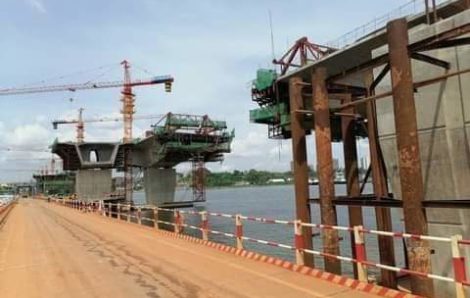 Le 4eme Pont D Abidjan Cout Reel Calendrier Et Depenses Detaillees En Cote D Ivoire
May 20, 2025
Le 4eme Pont D Abidjan Cout Reel Calendrier Et Depenses Detaillees En Cote D Ivoire
May 20, 2025 -
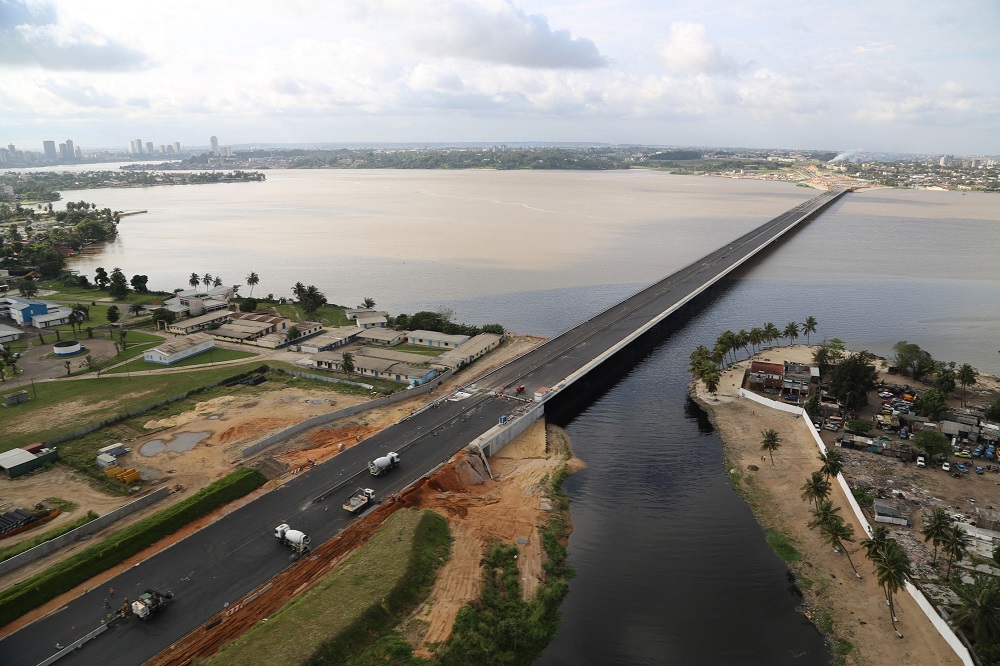 Cote D Ivoire Le 4eme Pont D Abidjan Un Decryptage Des Aspects Financiers Et Temporels
May 20, 2025
Cote D Ivoire Le 4eme Pont D Abidjan Un Decryptage Des Aspects Financiers Et Temporels
May 20, 2025 -
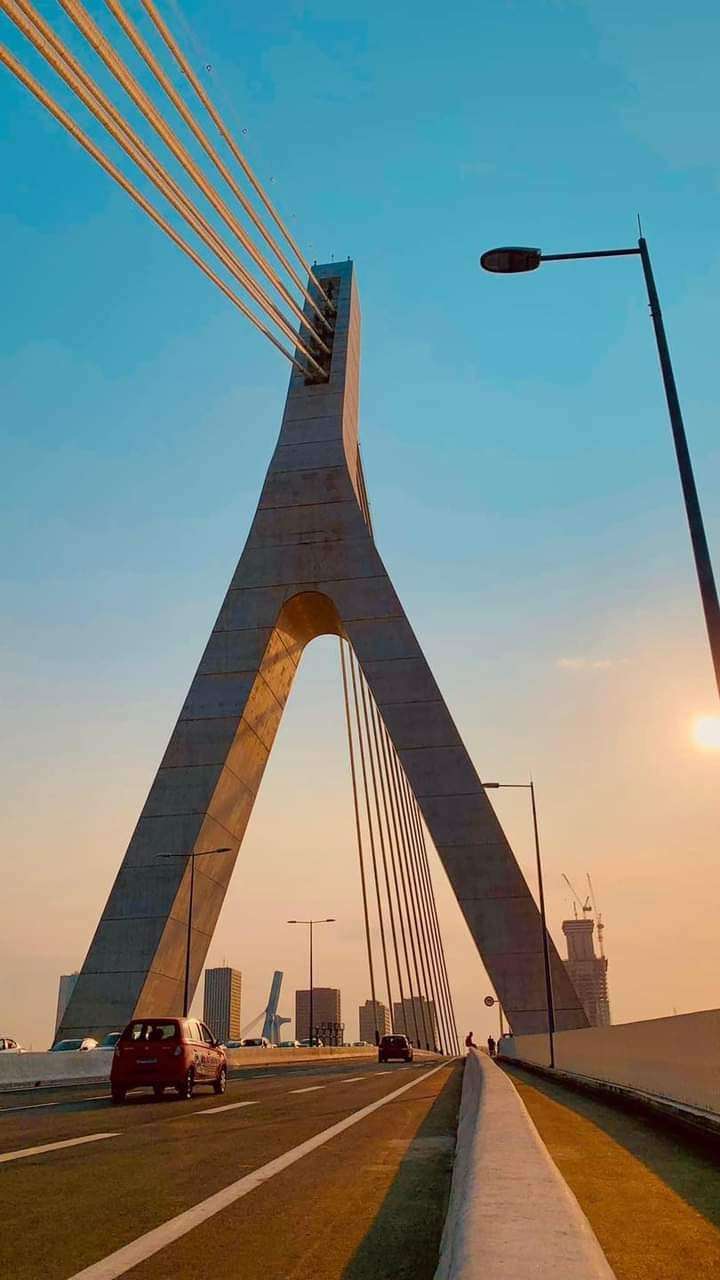 Projet Du 4eme Pont D Abidjan Tout Savoir Sur Le Delai Le Cout Et Les Depenses
May 20, 2025
Projet Du 4eme Pont D Abidjan Tout Savoir Sur Le Delai Le Cout Et Les Depenses
May 20, 2025 -
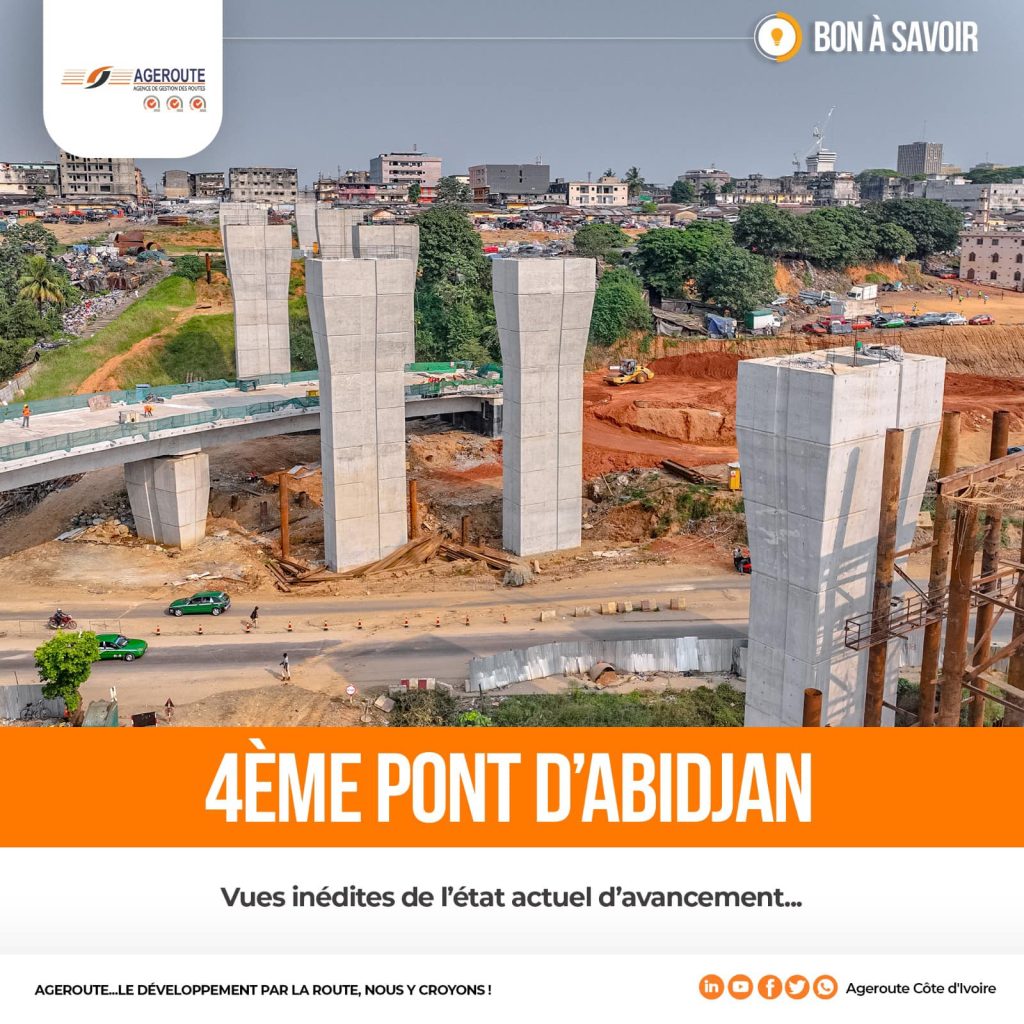 4eme Pont D Abidjan Delai Cout Et Depenses Les Clarifications
May 20, 2025
4eme Pont D Abidjan Delai Cout Et Depenses Les Clarifications
May 20, 2025 -
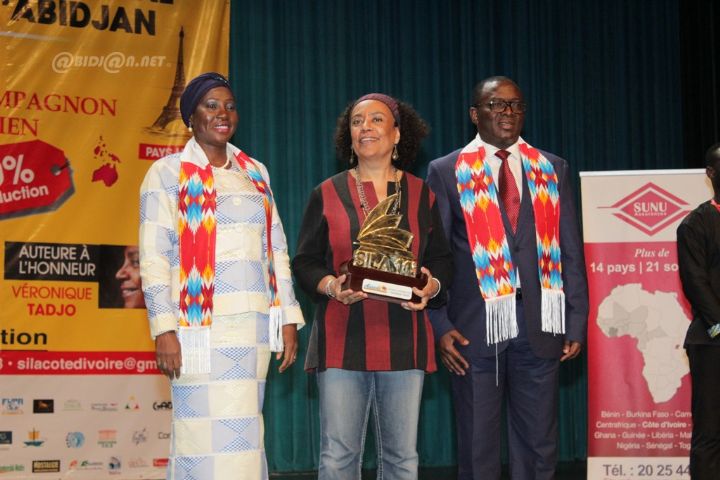 15eme Salon International Du Livre D Abidjan Date Et Programme De La Conference De Presse
May 20, 2025
15eme Salon International Du Livre D Abidjan Date Et Programme De La Conference De Presse
May 20, 2025
